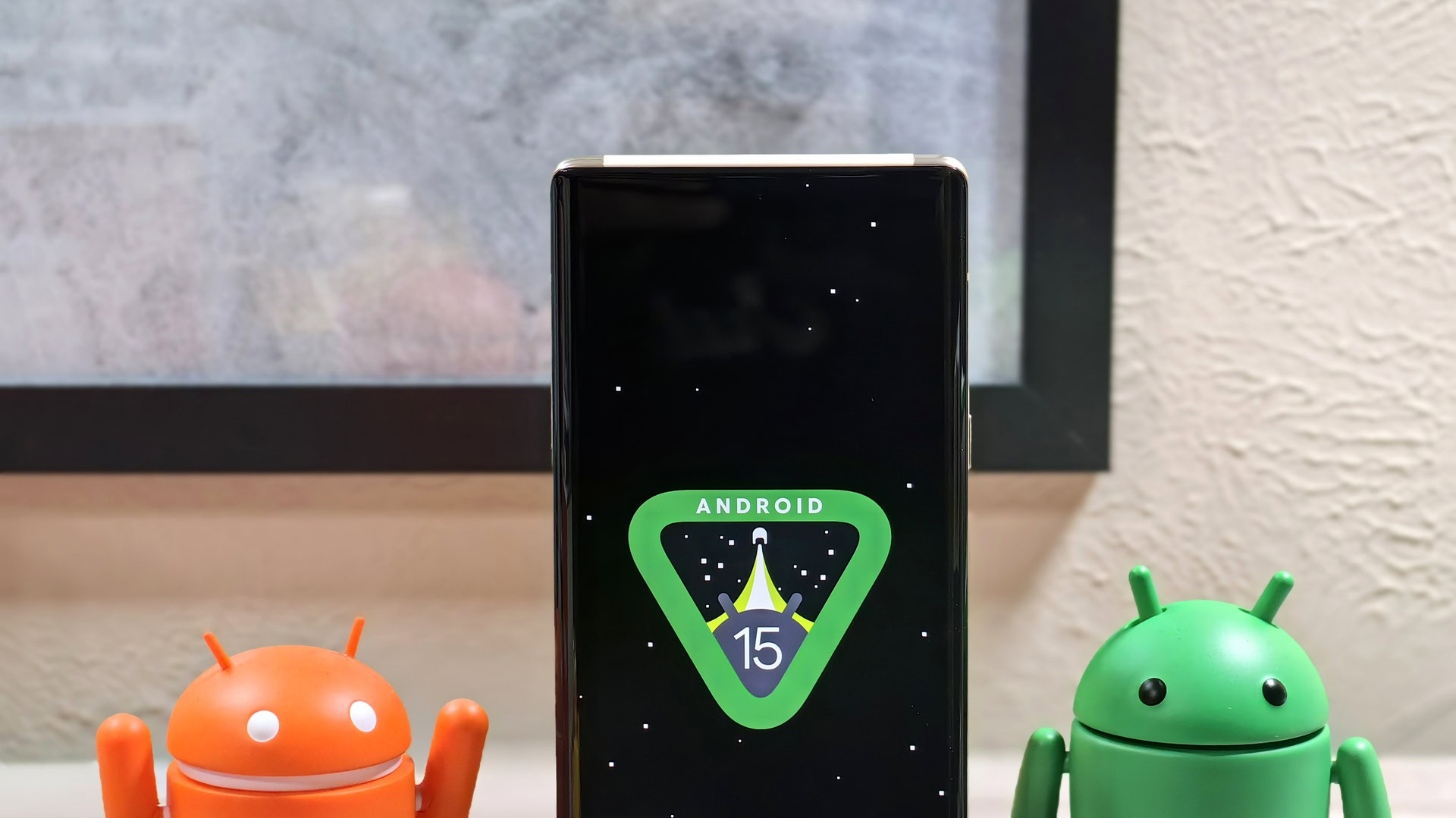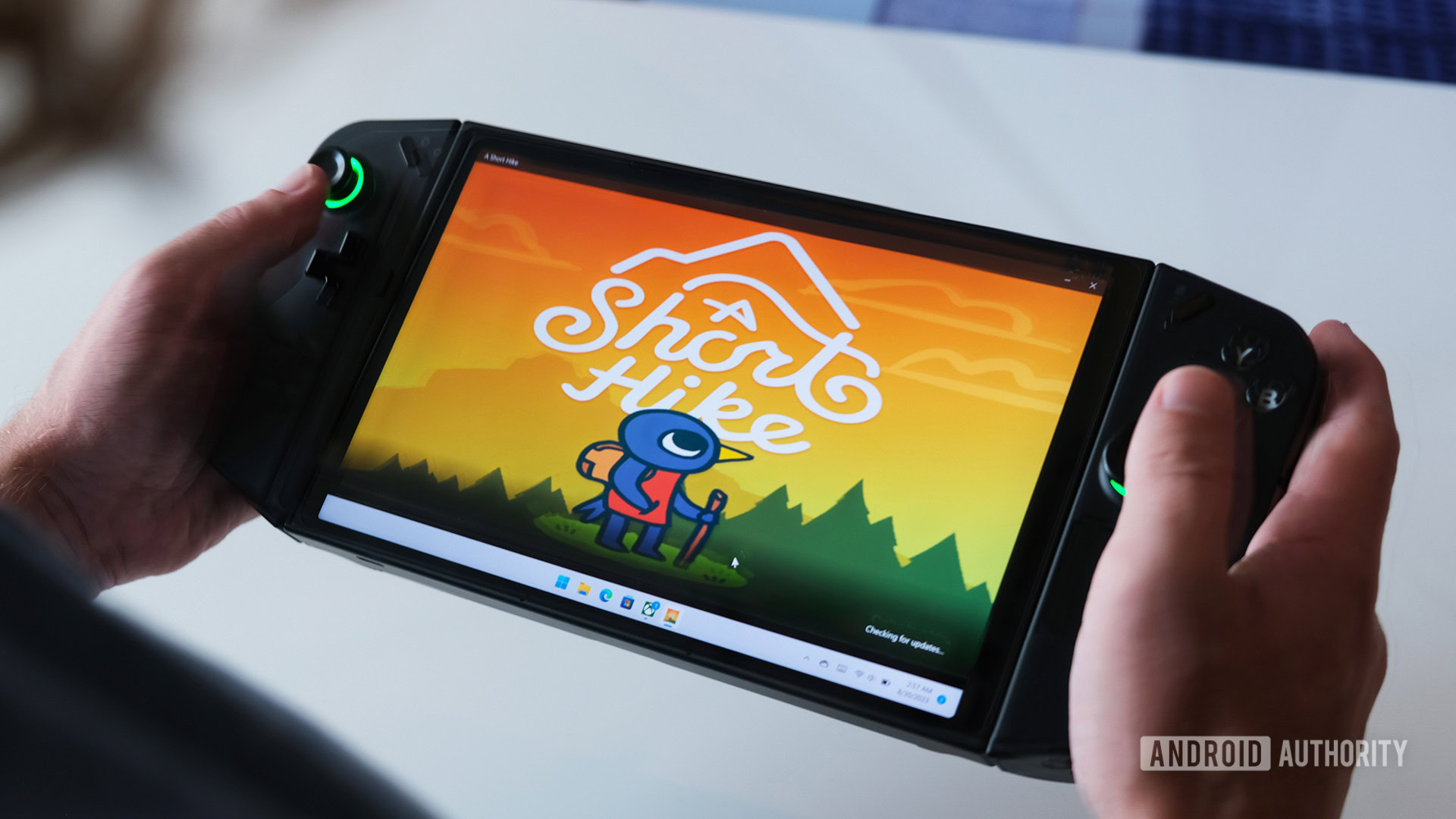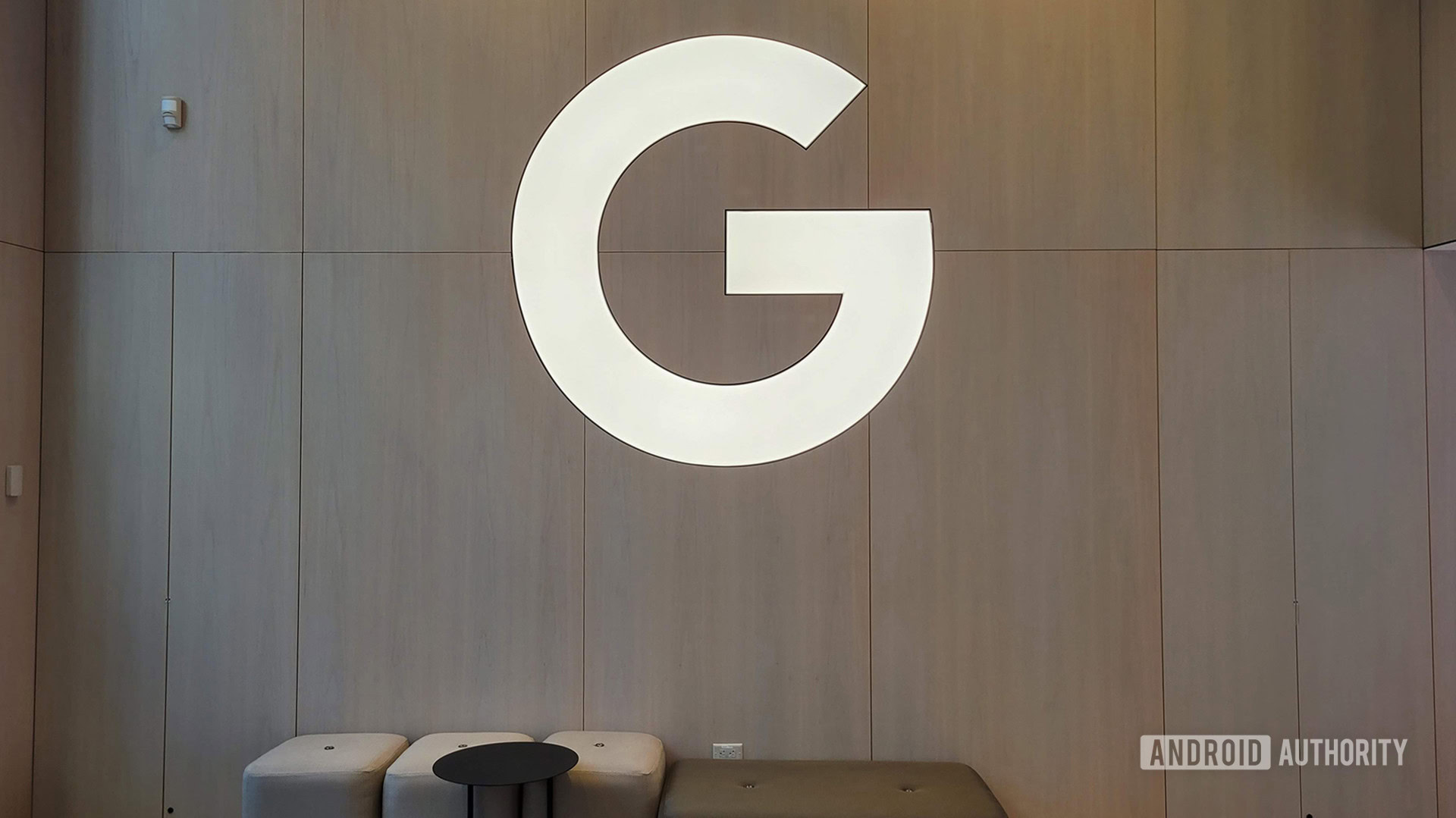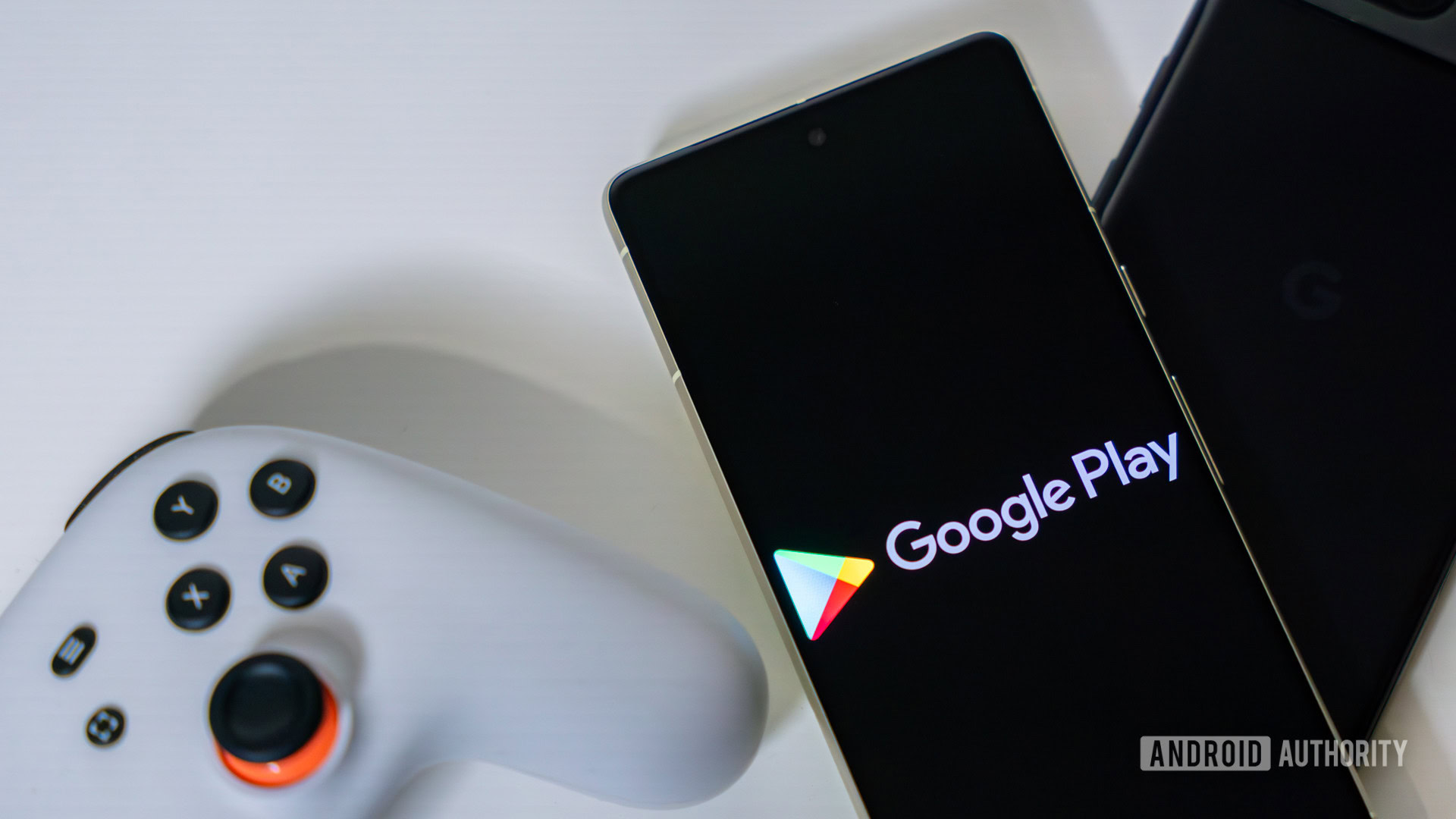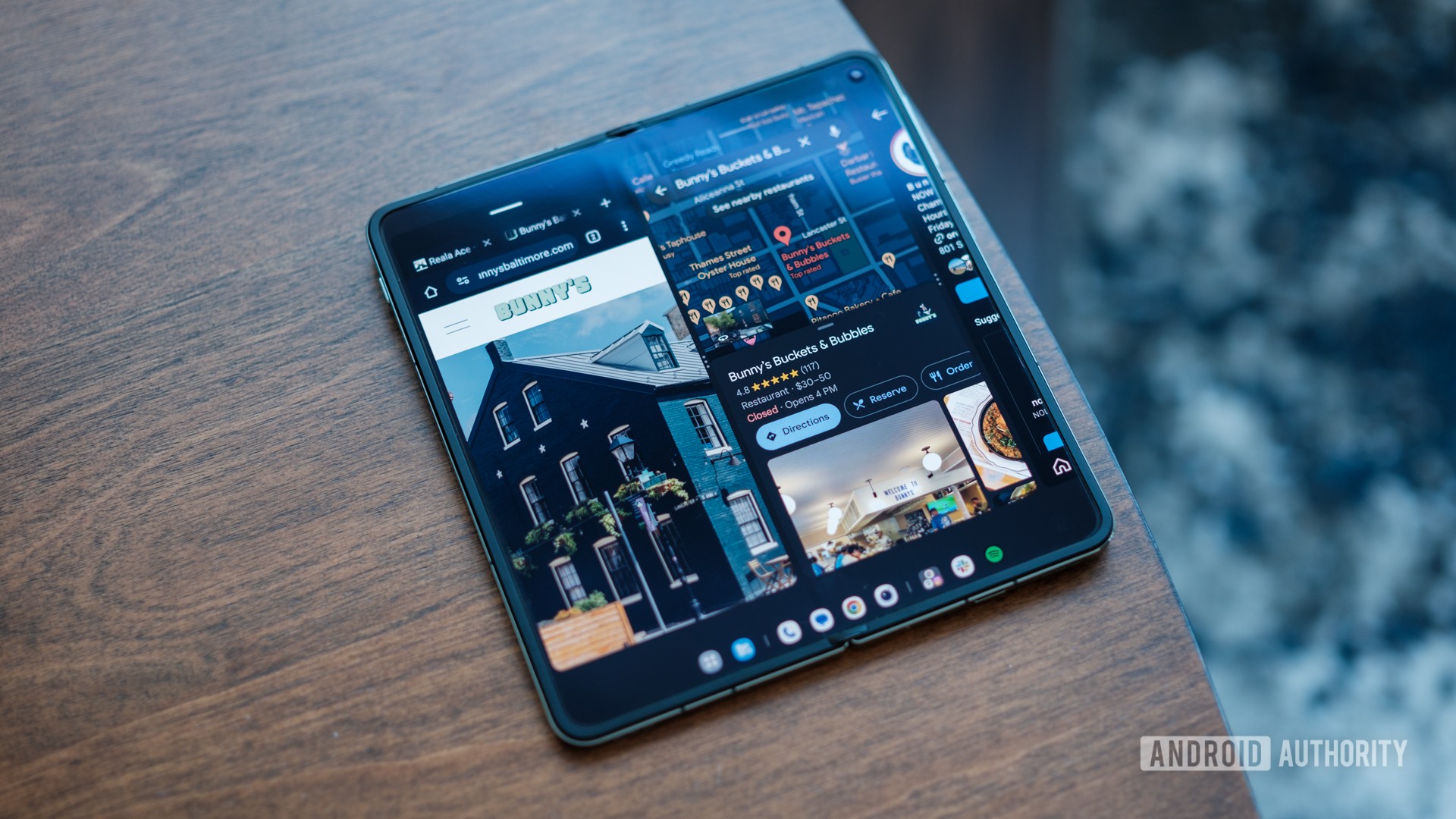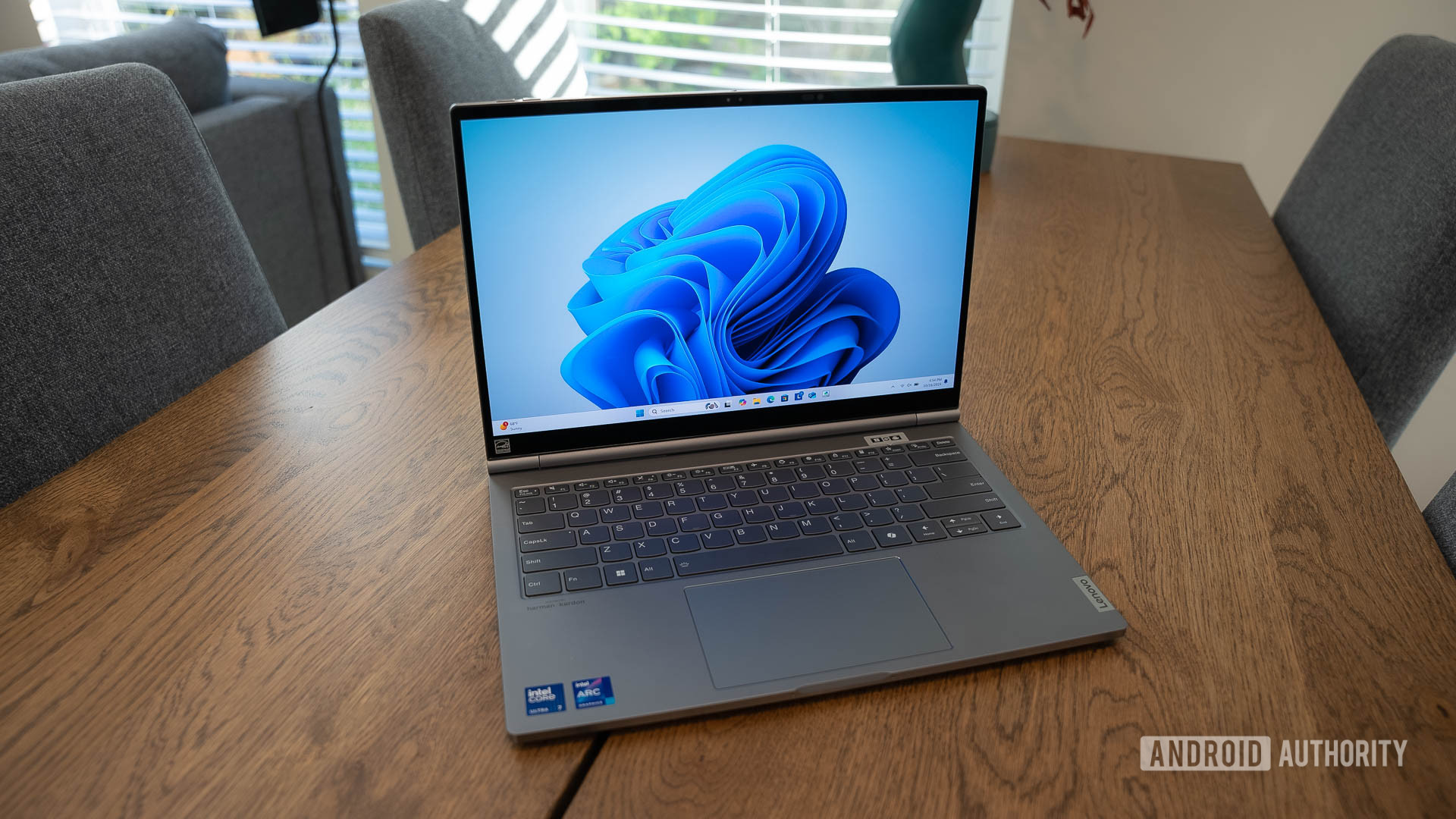Key takeaways A survey of 2,500 adults from the most populous U.S.states found that internet customers pay more for internet now than when they initially signed up The average monthly internet bill at sign-up was $81/mo.The average today is $98/mo. One-third of respondents didn’t know what download speeds they were paying for 53% of respondents say the increased cost of household goods has made it difficult to pay for internet 87% of respondents want a government cap on internet costs Internet has quickly become as necessary to our daily lives as other utilities.
With many working, learning and conducting daily functions online at home, an internet connection is a nonnegotiable for most consumers.Despite our now undeniable need for online connectivity, it’s no secret that it can be expensive, especially considering the other household bills consumers are responsible for. A recent U.S.News & World Report survey asked internet customers how they feel about the cost of their internet bills in some of the country’s most populous states, including California, Texas, Florida, New York and Pennsylvania.
The survey mainly asked customers about how their current internet bill now compares to their bill when they first signed up for service.The survey also inquired about their familiarity with their internet service, specifically regarding download speeds, their experience with data caps and their opinion on whether the U.S.government should put a cap on internet costs.
Rising internet costs The average internet bill among consumers in the most populous U.S.states at sign-up was $81/mo., while the average bill today for those consumers is $98/mo.Pennsylvania residents saw the largest price jump, with survey respondents paying an average of $83/mo.
at sign-up and an average of $110/mo.currently.California also had a large increase, from $78/mo.
at sign-up to an average of $95/mo.today.New York’s average price hiked from $85 to $99/mo., while Florida’s average internet bill increased from $79 to $91/mo.
Texas had the smallest increase of $11/mo., with average prices jumping from $81 to $92/mo.Respondents support a government internet price cap Most respondents, or 72%, haven’t had to cut expenses to pay their internet bill, but an average of 28% have at some point tightened their budgets to cover the cost of their internet service.However, the majority (53%) of respondents say the increased cost of groceries and other household goods has made it difficult to pay for internet.
Rising costs aren’t a new phenomenon, but having another utility to cover can lead to some budget strains.The majority of surveyed internet respondents (76%) want a government cap on internet costs to help manage future price hikes.Affordable internet out of reach for many without ACP The Affordable Connectivity Program (ACP) made it possible for millions of Americans to access discounted or free internet.
The program awarded a $30 – $70/mo.stipend to eligible participants based on their household incomes.With many internet providers offering plans of $30/mo.
or less, participants could get completely free internet.ACP funding ran out in May 2024, leaving millions without affordable internet access.Survey respondents in the most populous states feel this loss, with 87% asking for the program to be reinstated.
Internet customers aren’t familiar with details of their monthly bill Survey results indicate rising costs and a desire among respondents to manage that cost in some shape or form, but those same customers are not even sure what they’re actually paying for when they pay their internet bills.When asked what download speed they’re paying for, one-third of respondents did not know.The speed you need If you feel like you’re paying too much for internet, knowing what speeds you’re getting versus what you’re actually paying for can help you determine if you’re overpaying for your service. The speed you need largely depends on how many internet users reside in your home, how many devices they each have and the types of daily internet activities they participate in.
If you signed up for a gigabit plan (1,000 Mbps) but only have one or two internet users in your home, you can likely downgrade to a slower and cheaper plan that will still give you enough speed for your everyday activities.But, in order to save, being informed about your internet plan is imperative. Survey results also demonstrated an unfamiliarity with data caps, which could be another way for internet customers to save on their bills.72% of respondents say they have never run into a data cap from their ISP, while 14% aren’t sure if they even have one.
If you are a light internet user with an unlimited internet plan, you could save by opting for a plan with a data cap instead.Before you do this, make sure you are knowledgeable about your data use — choosing a plan with a data cap when you could potentially exceed it can lead to extra fees on your monthly internet bill.Want to save on internet? Explore cheap internet providers and ways you can lower your internet bill.
See Allconnect’s research hub for more information on broadband in the U.S.Written by:
Camryn Smith
Cammy is a writer with Allconnect, growing her broadband industry knowledge for over a year on the internet marketplace.Her expertise lies in home internet and broadband service with a focus on providers, plans…
Read more
Edited by:
Anine Sus
Editor I
Read bio
What to read next
Read more
Featured
Internet customers are paying more in internet fees
Camryn Smith —
2 min read
Featured
Americans are getting over 246 Mbps in download speed, but are you?
Robin Layton —
7 min read
Featured
A cord cutter’s guide to streaming with a data cap
Camryn Smith —
6 min read
Latest
Friday, November 22, 2024
Internet costs rise after service sign-up
Camryn Smith —
4 min read
Friday, November 22, 2024
What is municipal broadband?
Robin Layton —
3 min read
Friday, November 22, 2024
How do I know if I need to upgrade my internet?
Camryn Smith —
3 min read


